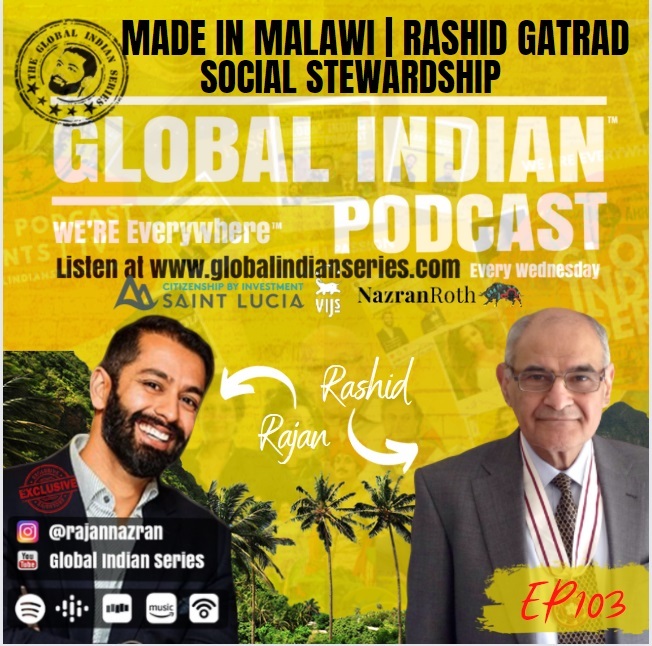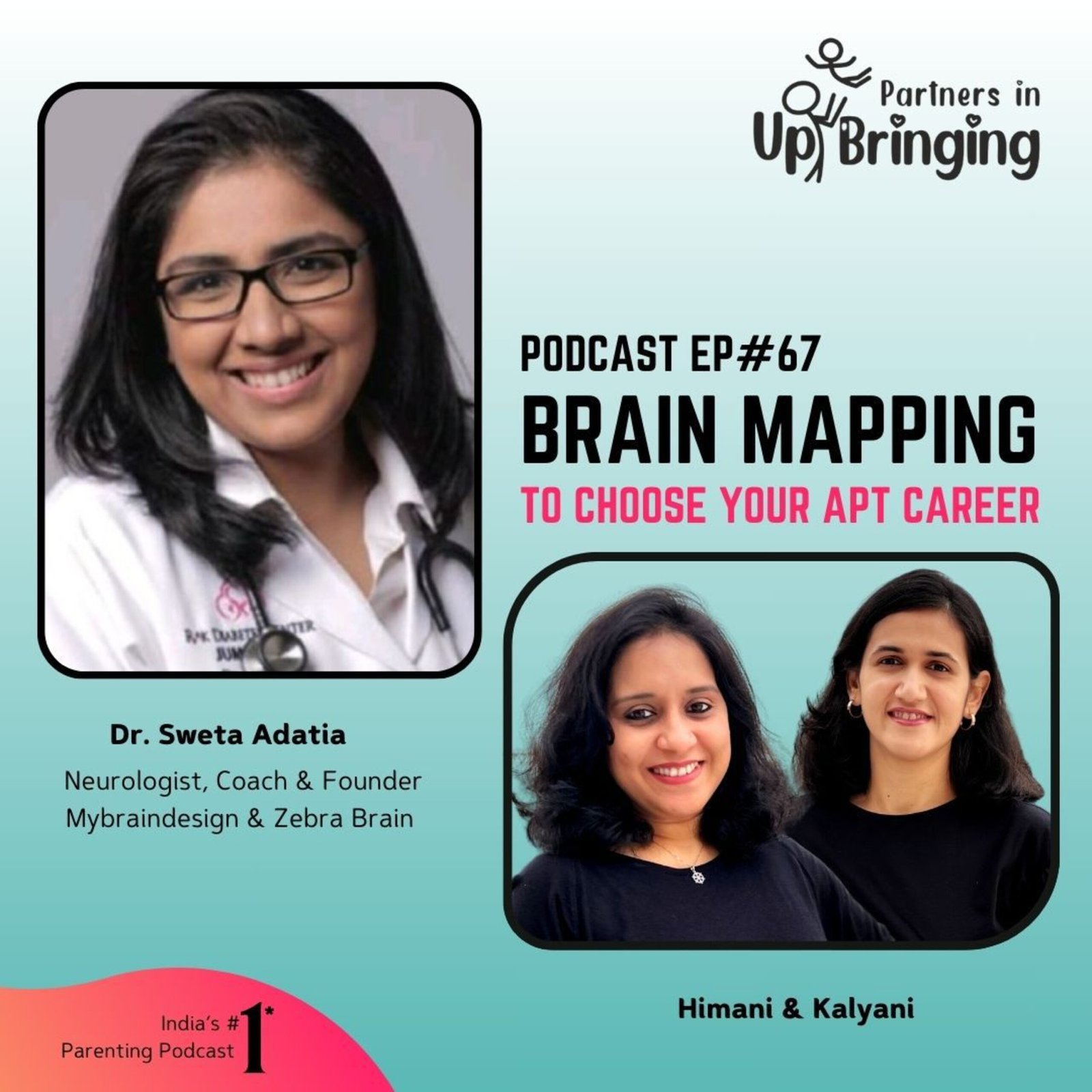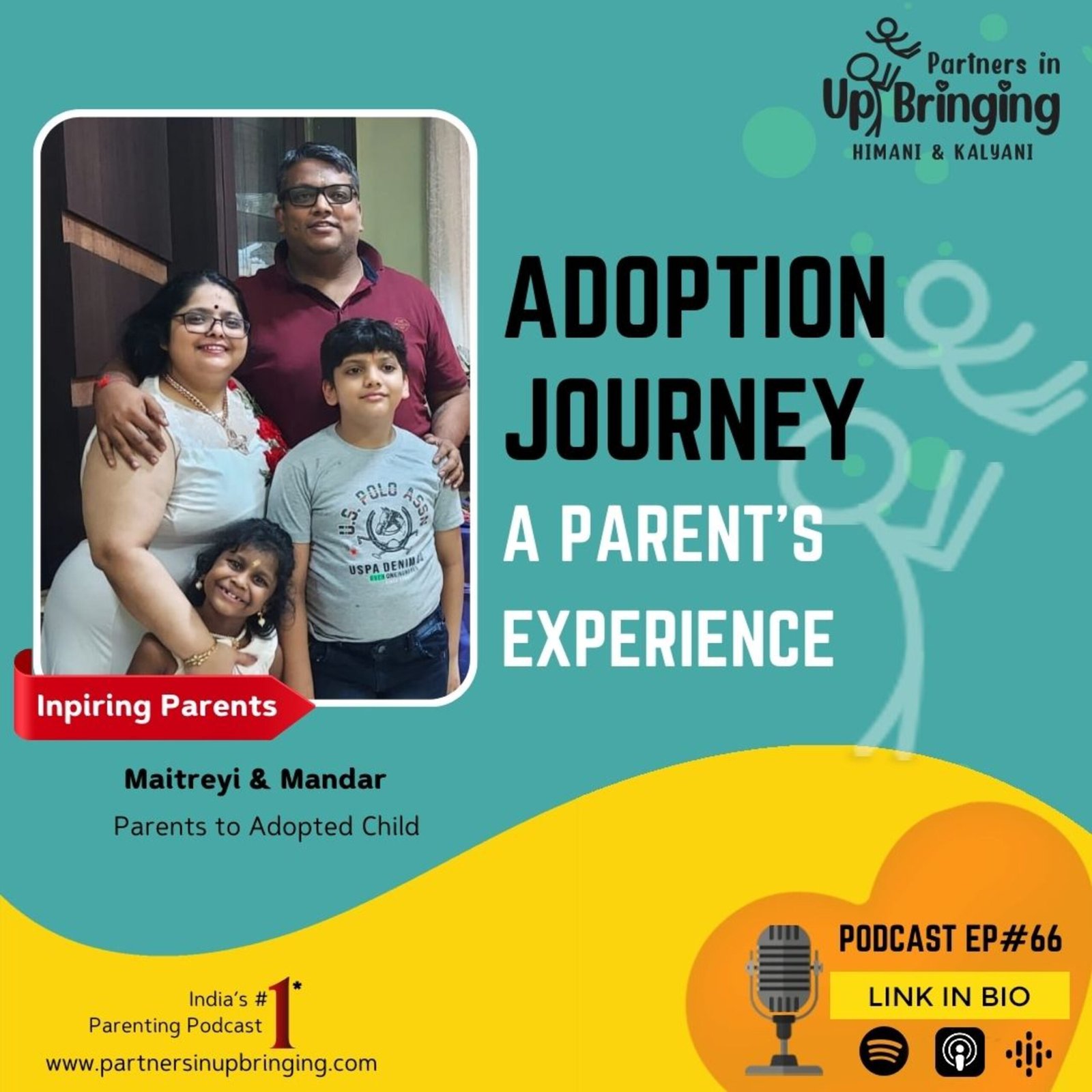The UK is an eclectic mix of culture, religion and ethnicities but what makes one British? Is it skin colour, accent or is it found in the difference one makes to society?
In today's episode, I am joined by Professor Rashid Gaitran where he discusses his perception of British identity, stewardship, climate change and ending global poverty.
We also look at his own remarkable journey from dealing with institutional racism through to becoming the Queen's representative in the UK.
About Rashid Gatrad
Biography of Professor A Rashid Gatrad OBE by Mahomed Aslam MBE
Professor (Paediatrics) Universities of Kentucky USA and Wolverhampton.
PhD; FRCP; FRCPCH. MBChB(Leeds); LRCP MRCS; D.Obst.RCOG; DCH (Lond); Dip.Hlth.Mgt(Keele) Cert MedEduc (Dundee)
Fellow of the Higher Academies
Consultant Paediatrician/Hon Senior Lecturer University of Birmingham
Professor Abdul Rashid Gatrad OBE was born in Blantyre Malawi (Africa). His great grandfather was Osman Adam, a very well known businessman who first came to Malawi and established a large business empire which to this day continues to thrive.
When of school age Rashid went to a Gujarati school until his father Mahomed Gatrad who was then the chairman of the Asian community helped set up the first English school in Malawi (Nyasaland) in 1951. Rashid was the first Asian ‘Cub’ in Malawi and was presented to Mrs Baden Powell at a Scouts Jumboree!
At the age of 11 years, he sat for a scholarship exam to go to Rhodesia which was part of the Federation of Rhodesia and Nyasaland. Under Apartheid the schools were segregated. Here he completed his secondary education and came to Harrow College to complete his A levels before joining Leeds University in 1966 as a medical student. Having graduated in 1971 with Honours in Anatomy he did his training in West Yorkshire. Here, at Pinderfields Hospital in Wakefield, he met Valerie, a student nurse whom he married in 1975. They have 2 children Sabina and Adam – both of whom went to University and are now teachers.
Prof Gatrad’s further training as a junior doctor was at the Royal Manchester Children’s Hospital and the renowned perinatal centre at St Mary’s hospital in Manchester. In 1977 he took a sabbatical and went to work at the Mlambe Catholic Mission in Lunzu, Malawi. As he had anticipated being the only doctor, he had trained himself in the UK in common surgical procedures such as caesarian sections, dealing with ectopic pregnancies, anaesthetics and some orthopaedic procedures. He was later appointed as a Medical Director to this hospital. He played cricket most weekends. He even represented Malawi in International games, chosen mainly for his seam medium fast bowling. The stay in Malawi gave his wife Valerie a chance to bond with his family, and not only learn the culture but also Katchi a language that she is fairly fluent in. This experience has helped her look after her mother in law 30 years later.
Rashid returned from Malawi to the UK in 1979 and completed his senior registrar training in 1982. He was one of the very few Asian doctors looking for a consultant post and it was not easy. He spent his 8 years as a registrar and senior registrar wisely, ensuring that he received first class training in most of the common specialties. He spent 2 years in paediatric cardiology – a discipline which still fascinates him. Racial discrimination was rife and he was even told by one of his professors in Manchester that he should become a GP, a psychiatrist or join the community, as his colour was not right! After many interviews he finally took up the post of Consultant Paediatrician at the Manor Hospital in Walsall.
His appointment in Walsall was to help build the newborn unit and decrease the number of babies dying during/after birth. The neonatal mortality (babies dying in the first week of life) when he came to Walsall was approximately 18 per thousand. This he was, with the help of the team that he built around him, able to bring down to single figures – at one time the mortality figure was the best in the West Midlands! For this work and improving access to all children by providing one of the first Paediatric Assessment Unit in the country he was commended by the then Secretary of State for Health, Frank Dobson. He subsequently was awarded his first National Clinical Excellence Award.
Whilst doing this work he approached the Professor of Paediatrics at the University of Birmingham for a PhD grant. He was told that to do a PhD as a full time consultant, who was on call regularly for newborns and older children was not heard of. Four years later he was to send a Christmas card to this professor with a PhD written after his name! This achievement opened up a lot of academic doors over the subsequent years. He was invited to lecture internationally but went only to South Africa and the USA as he had a young family.
It was his intention, before he became a consultant to do something really ‘big’ as a thanks to his ‘Maker’ for all his blessings. After 10 years, on his mother’s birthday in June 1994 a huge mosque and community centre was completed in the middle of Walsall at the cost of £1.3m. In this project he worked with his very good friend and mentor Mr Yusuf Patel who died of renal failure in 2010. It was Mr Yusuf Patel who with various people including MPs and local councillors put forward his name for the Queen to award him the OBE which he received in 2002.
In 1996 he met up with Aziz Sheikh (now Professor at the University of Edinburgh), a registrar in paediatrics at the Imperial college. They struck up a tremendous friendship which resulted in groundbreaking international publications varying from how to deal with crying babies to provision of chaplaincy services in hospitals – a total of over 60 publications). The 2 books that he co-authored were launched with great acclaim in the House of Lords with support from Prince Charles, Tony Blair and latterly Gordon Brown. His achievements are briefly outlined hereunder.
Locally:
His community project in Walsall, which came to fruition in 1994, has been expanded and the activities increasingly ensure that children are occupied after school hours.The continuing evolution of the Paediatric assessment unit at the Manor hospital, Walsall has ensured increased and easy access for all ill childrenOver the years under his leadership death rate in new born babies has decreased considerably in this socio-economically deprived city.He was instrumental in facilitating Link workers to improve accessibility and acceptability for non-English speaking patients.As a postgraduate tutor for the entire hospital, he planned and set up the Multi-professional Education Centre (doctors, nurses and other health professionals) for the Health economy of Walsall- a unique achievement.Other cities are emulating the setting up of a blood donor/bone marrow registration centre for minority groups at weekends, which he did in Walsall by working with the National Blood transfusion Service and the Anthony Nolan Trust.For Mayfield Preparatory School in Walsall he raised monies for computers and set up a library.
In 2013 he was presented a special Mayor’s Civic Award by Bob Warman of ITV for his work for the local community and in particular raising £100,000 for the Mayor fundraising appeal.
In 2014 he was awarded the Freedom of the Borough of Walsall for services to Paediatrics and Child Health in the borough over the previous 30 years – in particular the halving of death rates of newborn babies.
Nationally:
Appeared on many television programmes – particularly Gharbar on BBC2 to help educate ethnic minorities in how to deal with certain medical conditions and appropriate use of the health serviceA senior examiner to the Royal College of PaediatricsAs member of the Ethics committee of this college he was influential in the production of its document ‘Withholding and withdrawing treatment in Children.’ He also responded on behalf of the college to a consultative document on modernising hospital chaplaincy services.Invited to hold workshops on ‘end of life issues’ concerning South Asians
Internationally:
His work includes:
Publications: He is a prolific writer who has published widely on issues concerning trans-cultural medicine, which have considerably helped improve understanding between different communities in the UK and abroad, for example medical hazards of traveling unprepared for pilgrimage, and issues surround palliative care of all groups of South Asians. He has been on 3 international editorial committees, which is a testament to the quality of his work and the respect this commands. As a result of his special interest he is sought after to lecture in the UK and abroad, for example South Africa and the USA. This again has helped improve understanding between different peoples of the world.Books; He has co-authored two books which were launched in the House of Lords in June 2008.
Caring for Muslim Patients was given a foreword by HRH Prince of Wales and Palliative Care for South Asians by Sir Liam Donaldson.International exchange: The success of the placements of students in Walsall from the University of Kentucky, which he set up, resulted in other universities from the USA sending their students to him for training. This ‘cultural exchange’ has improved understanding by American students of the wide tapestry of cultures present here in the UK.
International doctors: Many displaced by war and strife have been mentored, trained and rehabilitated by him into main stream hospitals in the UK, for example from Congo, Bosnia, Iraq and Zambia.Orphanages: He built an orphanage and recently amalgamated it with another in north west India and therefore looks after 1200 children. He raises over £60,000 per year to support these children with food, board and education. Three workshops recently built will ensure further vocational training e.g. sewing for girls and carpentry for boys. Through this registered charity he offered to take 100 children from the Tsunami area, if it was thought to be appropriate by the authorities.
Other work: The nutrition fund in Malawi (Africa) for orphans of AIDS victims was set up by him in the 80’s and continues with his support through Mlambe Catholic mission hospital. He has twinned the Manor hospital with Tobateksing in the Punjab and sends discarded but operational equipment there and other parts of the world through the ‘International hospital relief’, a UK registered charity. Through Dr Walji in Birmingham he gives free medical advice to children in various parts of the world and arranges appropriate treatment in the UK. Even after he was awarded the prestigious Paul Harris from Rotary International he continued to support the programme of eradicating Polio – a condition his sister has.
After supporting and working with the Midland International Aid Trust and Mr Aslam for many years he was invited in 2007 to become patron to this charity founded by Mr Mohammed Aslam. Both he and Mr Aslam had worked together since 1991 when humanitarian aid was needed for Bosnia and Kosovo. With strategic planning and fund raising this organization now boasts work in various part of the world – the most well known projects are the cleftlip/palate operations and cataract operations. In 2010 Professor Gatrad undertook the most challenging project – the ‘Have a Heart’ S Africa and ‘Let Me See’ projects for S Africa. Dr De Giovanni an eminent paediatric cardiologist travelled to S Africa and operated on 22 children who would otherwise have died. In the process Dr Giovanni trained local cardiologists in the various procedures. This charity has helped thousands on people in India, Pakistan, Haiti, S Africa, Nigeria, Malawi, Indonesia and Bangladesh.
In 2007 Professor Gatrad was awarded a higher level of National Clinical Excellence award followed by a Professorship at the University of Wolverhampton in 2009. In 2010 he was invited to join a national experts group to help decrease the burden of meningococcus disease (meningitis) particularly for travellers. This work is in collaboration with the Department of Health and the Meningitis Trust. He still works at the Manor Hospital in Walsall. West Midlands, where a lot of his time is spent in conducting clinics, mentoring and teaching.www.iwantgreatcare.org/doctors/prof-rashid-gatrad
In March 2014 his work came to the attention of ITV who suggested filming his visit to Gujarat where he has set up his medical projects. The programmes are due to appear on the ITV channel soon.
Professor Gatrad is a visionary whose strategic planning and execution of his plans has resulted in the charity becoming more globally recognised, and in the process tens of thousands benefiting
About the Global Indian Series:
My name is Rajan Nazran Chief Explorer for the Global Indian Series, the official platform for people of Indian origin (PIO), because let’s face it, we are everywhere!
For almost 15 years we have travelled across the globe covering 58 countries to date whilst exploring the kaleidoscope of our remarkable 50 shades of brown community.
Voyaging to the edges of the Amazon, facing Ebola in West Africa, being held hostage in Eastern Europe, tapping rubber in Malaysia, drinking chai with Heads of State and sharing laughter with local fishermen – I have been there, looking for us!
Our purpose is simple, to build a living encyclopaedia of the human experience of the community and a safe mooring ground for open discussions, whether you are an NRI, Indian Diaspora, person of Indian origin (PIO) or a fan of South Asian anthropology, what we do is bring people and communities together.
We do this by plunging into the human experience of being a person of Indian origin (PIO), taking a second look at the countries we now call home and tackling the conversations we need to know more about.
Through our range of award-winning original content (print, podcasts, events and TV) and fascinating discussions, our impactful stories and platforms have spearheaded national and international conversations that have brought people together. Our work is featured in global brands including The Indian Express through to the CNBC network.
How to get involved:
Interested in getting involved in building the world’s largest living encyclopaedia on the community? Whether you want to become a patron, buy us a chai in a new location or have your story shown, simply get in touch via our website, we would love to hear from you. www.globalindianseries.com
Social media:
You can reach Rajan via
Global Indian Series (@rajannazran) • Instagram photos and videos
(1) Rajan (Singh) Nazran | LinkedIn
Global Indian Series - YouTube
Special thank you to TAIZU for the music
Episode: 103
Presenter – Rajan Nazran
Producer –Global Indian Series/NazranRoth
Guests: in order of appearance
Alex
Professor Rashid Gatrad
Other podcasts you may like:
If you liked this podcast, you may enjoy the following:
THE POWER OF SOCIAL SCIENCE WITH ADAM HABIB | MADE IN SOUTH AFRICA (globalindianseries.com)
HISTORY OF INDIANNESS – VOYAGE THROUGH THE AGES – FINAL LEG (globalindianseries.com)
HISTORY OF INDIANNESS | THE CASTE SYSTEM AND URDU (globalindianseries.com)
THE HISTORY OF INDIANNESS | THE SUGAR WAR (globalindianseries.com)
Are you a Global Indian that wants to go global? Visit our website to understand more about the leading countries to trust and ultimately the ones to avoid. From gritty discussions on citizenship by investment, through to how to find work abroad, top university guides and social issues for change. We are the official platform for People of Indian origin.
We produce content that inspires purpose, passion, and community. If you like what we do, please do share, like, subscribe and comment. It helps massively with online algorithms.
-------------------------------

















